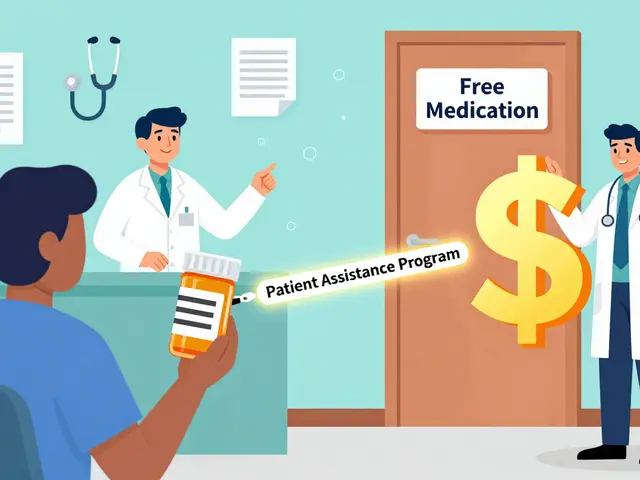Water Germander (Teucrium scordium): what it is and what to watch for
Water germander is a low-growing wetland herb from the Teucrium family. People have used it in traditional remedies for digestion, mild coughs, and as a bitter tonic that can stimulate appetite. That sounds useful, but this plant also carries safety concerns you should know before trying it.
Traditional uses and what science says
In folk medicine, water germander was taken as a tea or tincture for stomach complaints and mild respiratory irritation. Modern research on Teucrium scordium is limited. A few lab studies point to compounds with anti-inflammatory or antimicrobial activity, but human trials are sparse. Treat any claims about cures with caution—evidence is preliminary.
Teucrium species contain diterpenoids and other chemicals that can affect the liver. While most reports focus on other germander species, water germander likely shares similar compounds. That means benefits may exist, but so can real risks.
Safety, risks, and practical precautions
The main safety concern is liver toxicity. Cases linked to germander herbs have shown elevated liver enzymes and, rarely, more severe liver injury. Stop use and see a doctor if you feel unexplained fatigue, dark urine, yellowing of the skin or eyes, or persistent stomach pain.
Avoid water germander if you already have liver disease, take medications known to affect the liver, or use other hepatotoxic supplements. Also skip it if you’re pregnant or breastfeeding—there’s not enough safety data. Tell your healthcare provider if you want to try it; they can check for drug interactions and suggest monitoring.
Products come as dried herb, tea blends, tinctures, or capsule extracts. Don’t mix with alcohol or high-dose acetaminophen. Follow product labels, and prefer short-term use over chronic daily dosing until more safety data exists. If a seller recommends very high doses, consider that a red flag.
Buy from reputable brands that test for contaminants and list full botanical names. Look for standardized extracts only if the company explains what the standardization measures and why. Avoid homemade preparations unless you can verify plant ID—mistakes with wild plants happen.
If you grow it, water germander likes wet soil and partial shade. It spreads slowly and can be started from division or softwood cuttings. Growing your own helps with supply control, but it doesn’t remove the need for safety checks before internal use.
Quick practical checklist: 1) Talk to your doctor first; 2) Avoid if you have liver issues; 3) Use short courses, not indefinite daily use; 4) Watch for jaundice, dark urine, or unusual fatigue; 5) Buy from tested suppliers. That keeps potential benefits from turning into avoidable harm.
Want more on herbal safety or how water germander compares to other bitter herbs? Search our site for related guides and product reviews before you buy or try a new supplement.
Get Ahead in Your Wellness Journey with Water Germander: The Ultimate Dietary Supplement
In my recent dive into wellness and dietary supplements, I've discovered the benefits of Water Germander. This plant is a game-changer in my wellness journey as it's packed with health benefits. It's known to aid digestion, improve metabolism, and even support weight loss. I've found it to be a fantastic addition to my daily routine. If you're on a wellness journey like me, you might want to consider incorporating Water Germander into your regimen.
Read More





